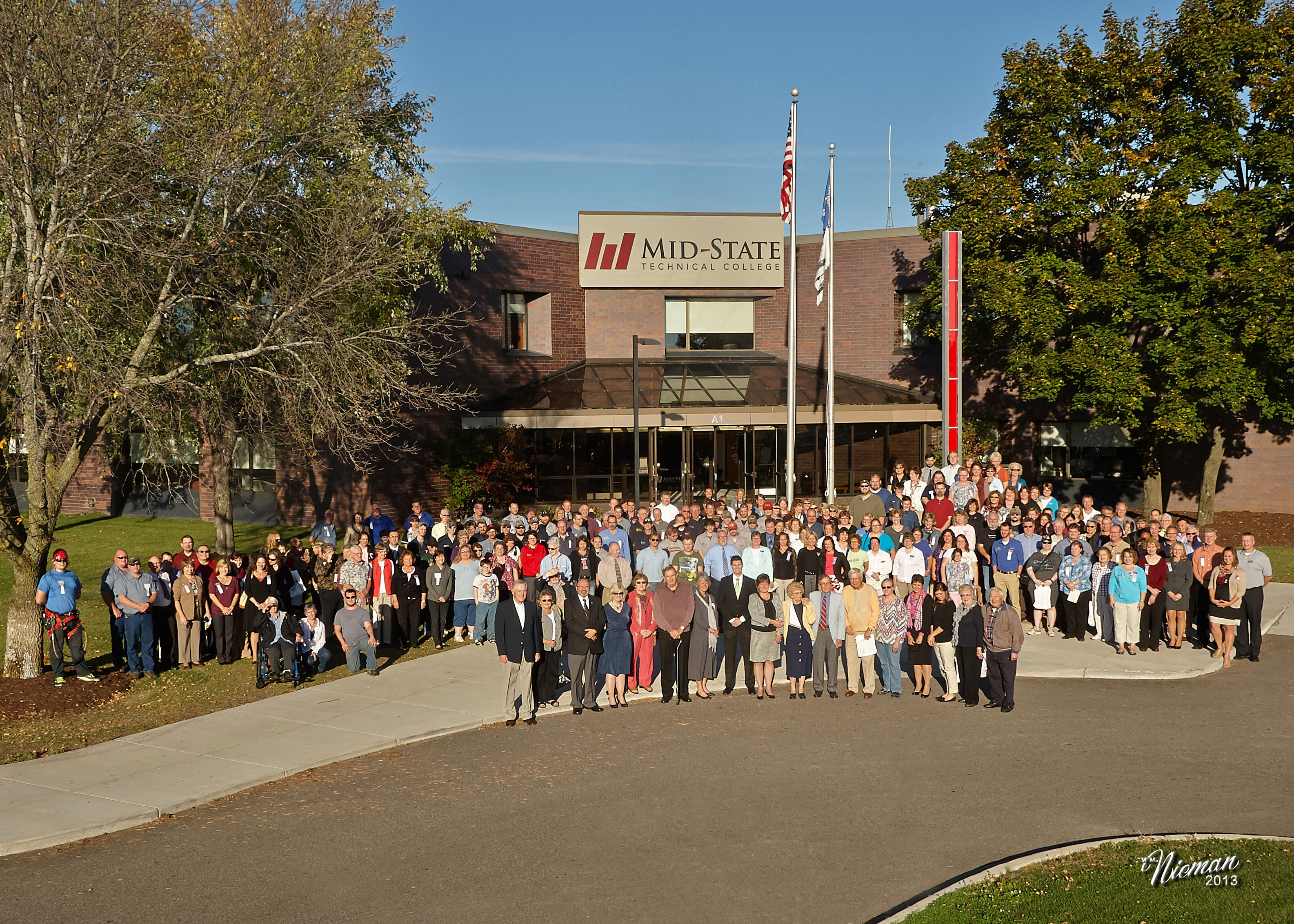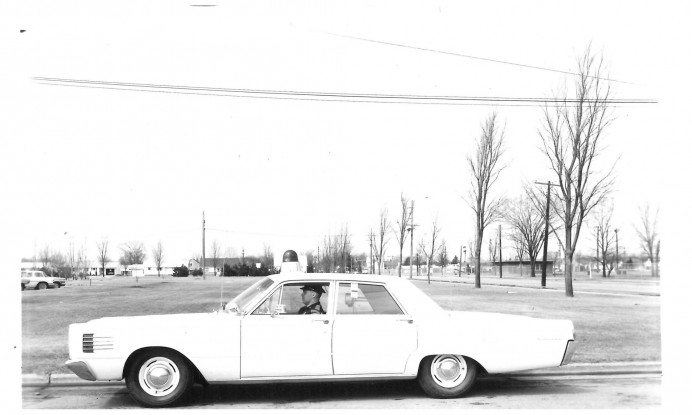Property Owners Debate Changes to Chronic Nuisance Ordinance

By Joe Bachman
Landlords and property owners have taken issue with a proposed ordinance that could charge them for troublesome tenants.
The ordinance, proposed by city officials was taken out of a common council vote in May for further discussion and brought back to the table at Tuesday night’s finance and property meeting.
“The owner is going to be responsible if there’s [more than] three nuisance activities or calls to property you own in ninety days,” said city attorney Sue Schill. “There’s no fine, there’s no citation, it’s more for paying for services to your property because of a nuisance activity.”
As defined in the initial ordinance, a chronic nuisance property “contributes to the general decay of an affected neighborhood and negatively impacts law-abiding residents in these neighborhoods, as well as the economic values of all properties in the vicinity.”
A nuisance activity describes behaviors considered illegal, from the possession or sale of a controlled substance, to disorderly conduct, property damage and criminal trespassing.
The revised ordinance took out the abatement process, and moved to charge landlords and property owners for services rendered by police after three or more violations in a 90 day period. Property owners would receive a notification after the third violation, and would be consequently charged for public services after a fourth violation.
However, the shared sentiment among landlords in attendance is that with the costs of evictions, legal fees, utility bills, collections, repair and property taxes, there isn’t room for additional charges for bad tenants.
“There is no more money,” said landlord Dean Ramsden. “The tenants are the problem – if you’ve got cancer, you go after what’s causing the problem.”
“We’re limited,” said property owner Mike Zurfluh. “Fine the people, or make the fines bigger or put them in jail, if they’re the problem — I don’t think any of us as landlords want problem tenants.”
According to the near dozen landlords and property owners in attendance, the responsibility of problem tenants should not fall on them.
“This is a community problem — it’s not the landlord’s problem,” said realtor Mike Spranger. “Give us a criteria, or issue a notice to the tenant, and if we’ve done everything to comply, I just don’t see how it should fall back on us.”
As discussion furthered, a notification system was brought up by multiple landlords who favor a system where a property owner is notified immediately after a first call of a nuisance activity. This would give them more time to address the issue right away, as oppose to getting a notice after the third violation.
As Chief of Police Kurt Heuer pointed out, this matter isn’t about money, but city resources.
“It’s not about money,” said Heuer. “Our budget is what it is — it’s the amount of time allocation and resources within our working operation that get taxed that don’t allow us to do other things in the community that are possible.”
Mayor Zach Vruwink favors a collected approach where all parties are truly working together and is not against a notification system.
“At some point, you have to start somewhere,” said Vruwink. “The departments are asking for it because there truly is a resource allocation issue. We should be allocating more officers to drug issues — Quite frankly, there are much tougher nuisance ordinances around the state that work, and for what reason? Because they actually have engagement with their landlords.”
Ultimately, the finance and property committee voted to alter the notice of a nuisance activity to a landlord after the first violation, instead of the third. This issue will come back at the next meeting for further discussion.








